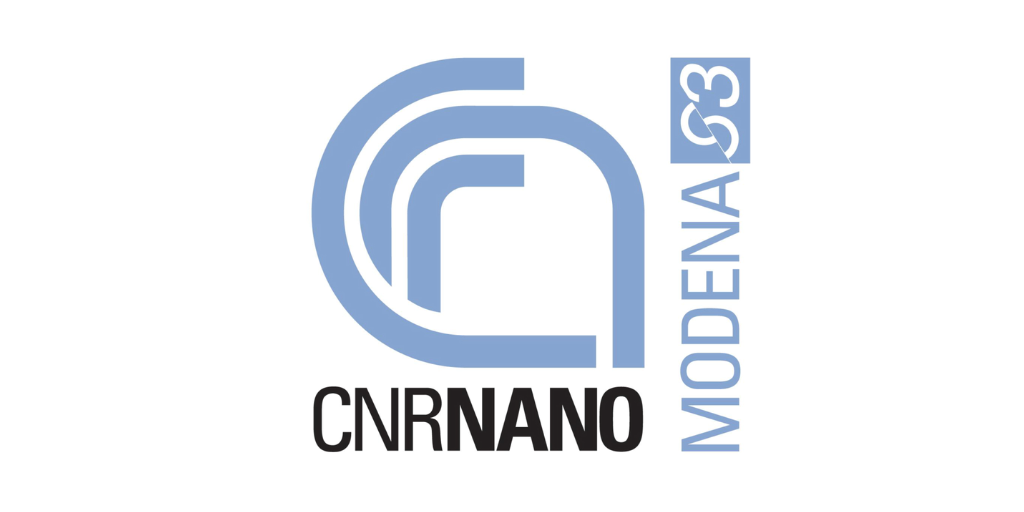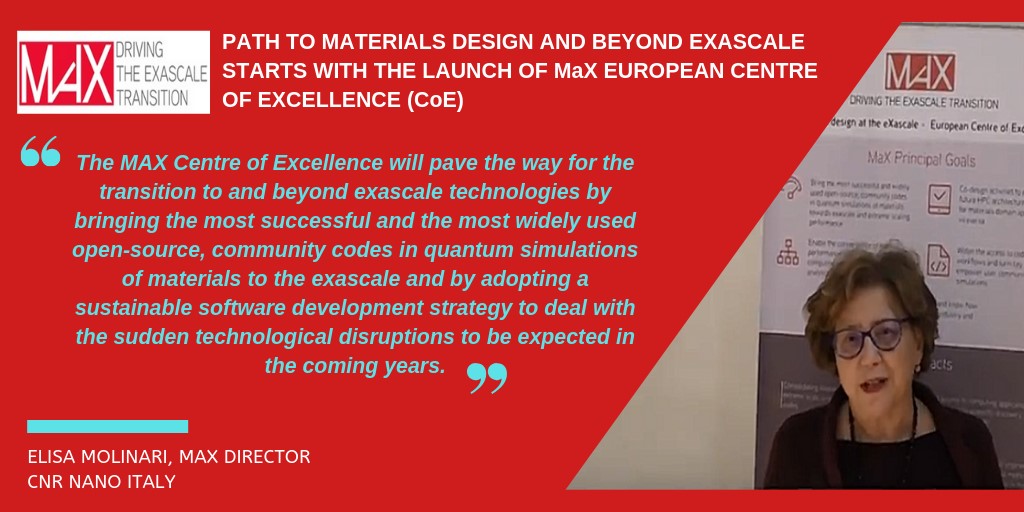A Centre for Molecular Modelling for the development of MaX codes
Prof. Stefaan Cottenier is a professor at the materials science division of the Faculty of Engineering and Architecture of Ghent University and member of the Centre of Molecular Modelling. His research activities are on the application of quantum physics simulation tools to predict properties of crystals that are difficult, expensive or dangerous to measure by experimental methods. Most of his projects are in close collaboration with experimental or industrial partners, in areas as condensed matter physics, planetology, semiconductor manufacturing and metallurgy. Communicating with experimental researchers inevitably brings up time and again the topic of the reliability of the computational methods used. This is how the verification and validation of DFT methods and codes became a topic in his research projects.
At the recent Kick-off Meeting, last 13 to 14 of December 2018 in Modena, Italy, marked the launch of the European partnership project entitled: MaX - “MAterials design at the eXascale. European Centre of Excellence in materials modelling, simulations, and design” supported by the European Union’s Horizon 2020 project and funded under the H2020-INFRAEDI-2018 call. MaX sits in prime position, together with another nine, recently-launched, highly-motivated Centres of Excellence (CoE), operating in the field of High-Performance Computing (HPC), High Throughput Computing (HTC) and High-Performance Data analysis (HPDA).
Prof. Stefaan Cottenier, one of the key members of MaX consortium from Ghent University, enthusiastically highlights their innovative contributions and impact to the future horizon.
“Our innovative contribution to MaX is our expertise in: creating and interpreting benchmark data for DFT codes, and development of low-budget digital courses for teaching science topics at any time to any place on the planet.”
Ghent University, the Centre for Molecular Modelling
The research group participating in MaX is the Centre for Molecular Modelling. Its groups about 40 computational and theoretical researchers from different faculties, with backgrounds in (bio)chemistry, physics, chemical engineering, engineering physics and materials science. The Center for Molecular Modelling focuses on frontier research in six major areas: chemical kinetics in nanoporous materials, computational material research on the nanoscale, spectroscopy, many-particle physics, model development & bio- and organic chemistry.
Within MaX, the Center for Molecular Modelling will contribute to the validation and verification of MaX codes (T5.5), and to the development of online training versatile and flexible modules to teach the theory behind MaX codes as well as hands-on use of them (based on the Quantum Mobile virtual machine of T5.3). The course will be available for self-paced study at any time and place, and will be offered as a supervised distance course once every year (T8.2).
Impact to the future Horizon Europe
Automatic workflows generate a huge number of calculations by MaX codes. Any basic problem inside the code (e.g. a slightly flawed pseudopotential) will affect lots and lots of calculations. It is, therefore, more important than ever to be absolutely sure that the basic codes are as correct as they can be and by conducting several sets of tests (1000+ test set) will deliver that level of confidence.
The more users are applying MaX codes, the higher the need for properly educating them. The education need is larger than can be provided by traditional teaching methods. Well-designed online courses remove that bottleneck and allow a small team to teach to the entire planet.



